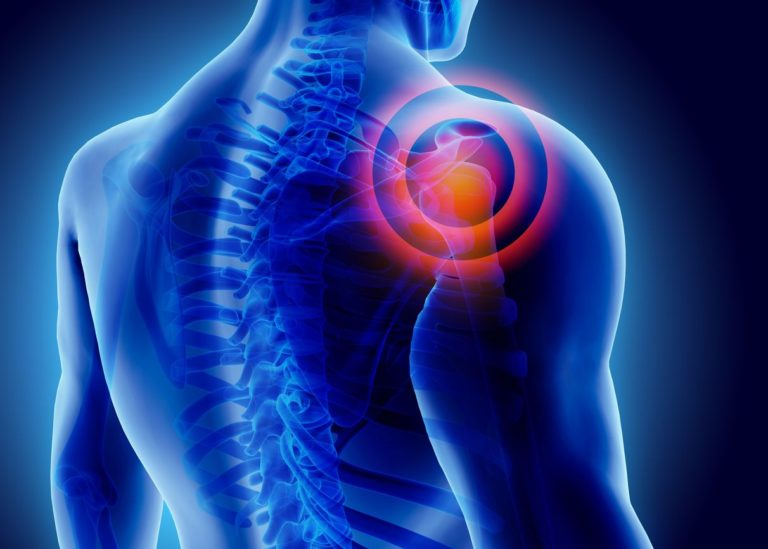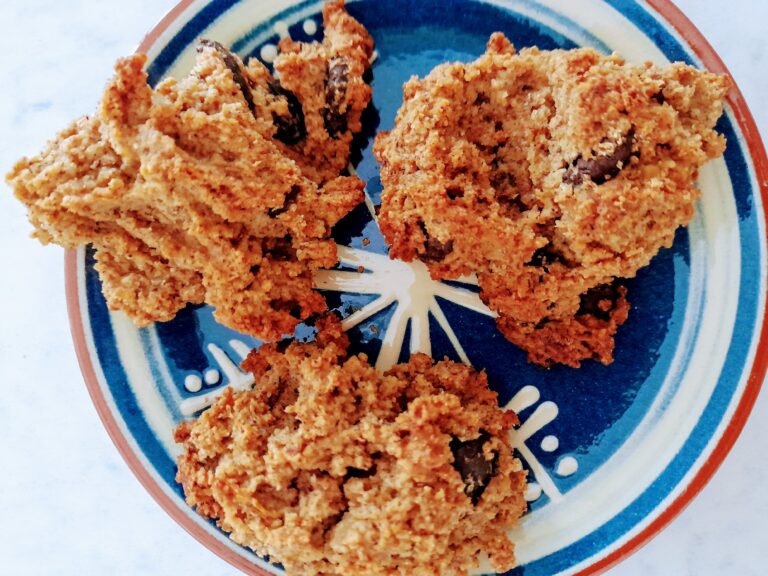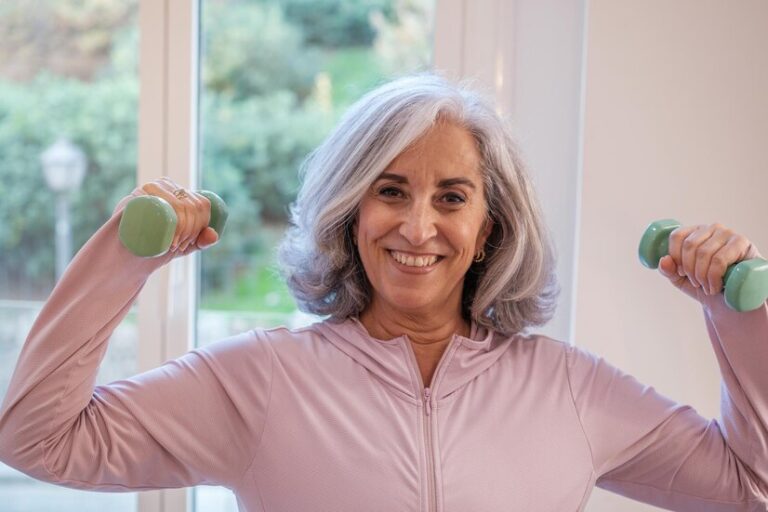Are you OK?
The next R-U-OK day in Australia isn’t until 10th September 2020. That’s WAY too far away. At the moment, probably every day could benefit from being an R-U-OK day.
All of us are dealing with a world in crisis – at a level that hasn’t happened for 100 years! Even if you’re not in immediate financial crisis; even if you’re not finding your family “too close” and your friends “too far away” – just listening to the daily news can be challenging, especially if we find it hard to restrict our attention.
Even governments are acknowledging that mental health is a high priority in responding to COVID-19.
Stress in your head doesn’t stay in your head
Stress happens in your body – your whole body…
Worse still, stress weakens your immune system…
Fortunately, in 2020 we have access to wellness tools we can harness easily from online resources including professional Health Practitioners. We can also stop and reach deeply into our selves and intuit our basic needs and ask for support where we can (of course mainly we are the lucky ones who may have access and knowledge).
There are complementary remedies and common sense approaches that can help because they help your whole being
Depending on your needs, a range of remedies can be useful, such as Rescue Remedy drops; Vits A, B, C, D and Zinc; herbs like Withania and Rhodiola, Chamomile and Lemon Verbena. Satisfying Exercise and Whole Food nutrition supports us. Meditation and music enhance our wellbeing. Socially connecting in whatever safe way works for you is important to reduce loneliness and despair.
And there’s more
There are many helpful tools that psychologists and therapists have been creating in recent years. New approaches such as Positive Psychology, Trauma Release Exercises, Somatic Experiencing and Emotional Freedom Technique offer us a whole range of tools for dealing with stress that aren’t just “talking head” stuff.
Some of them need professional consultation, but others are freely available.
EFT
(emotional freedom technique with Dr Peta Stapleton, Australia)
3 good things
Another exercise that I’ve been finding useful myself is simple. You just need a pen, paper and as little as 10 minutes of quiet time to do Positive Psychology’s 3 Good Things exercise. Do this for One week.
It sounds SO simple that it couldn’t possibly work – but if you do the full exercise (not just a list) then it’s surprisingly effective.
It’s as simple as this:
- Write down 3 good things that happened to you. They don’t have to be big or super meaningful. It could be as simple as “Jill made me a coffee”.
- Describe each in a bit more detail? When specifically, what you noticed, how you felt, who was involved? “Jill brought me a beautiful latte with a heart on top at lunch time”
- Write down some thoughts about why/how it happened? “Jill is a lovely person and she noticed I was tired and sad”
- What does the good thing mean for you in your life? “I have a considerate person who notices how I feel in my life”
- Are there things you could do to bring more of that “good” into your life? “I could pay it forward to someone else; I could do something nice for Jill”.
For further ideas and detail, I like this explanation and process from Berkeley University.
And here’s Positive Psychology’s founder Dr Martin Seligman explaining it:




